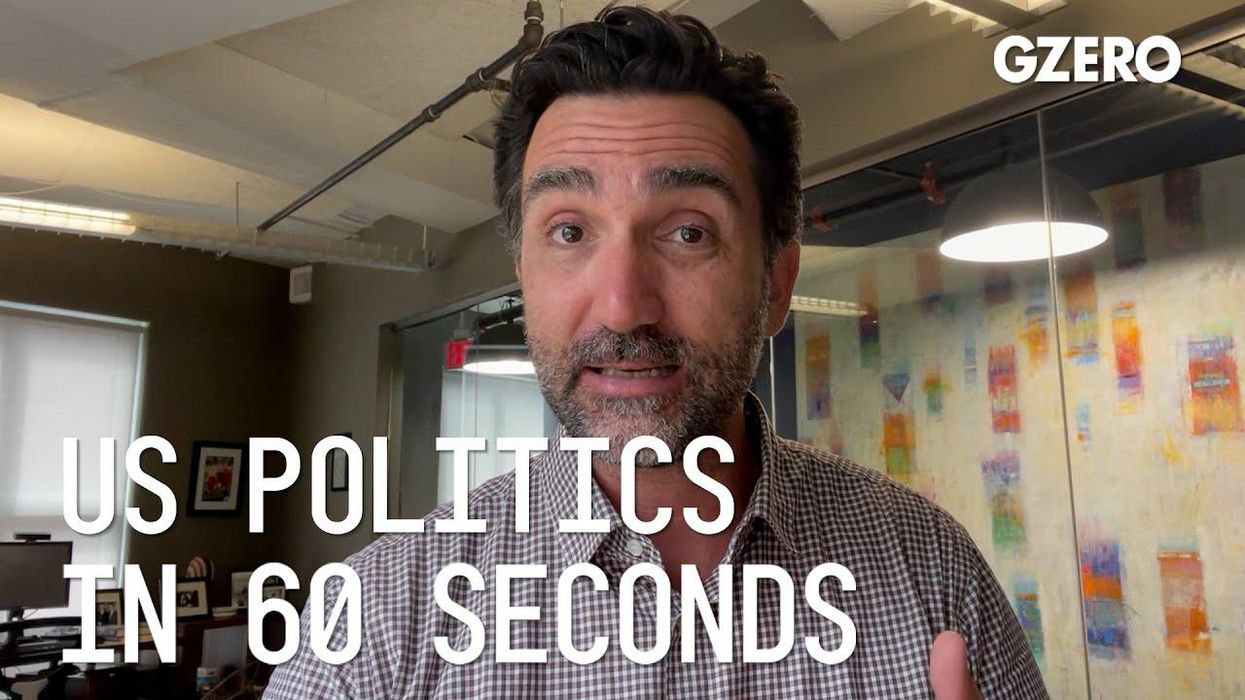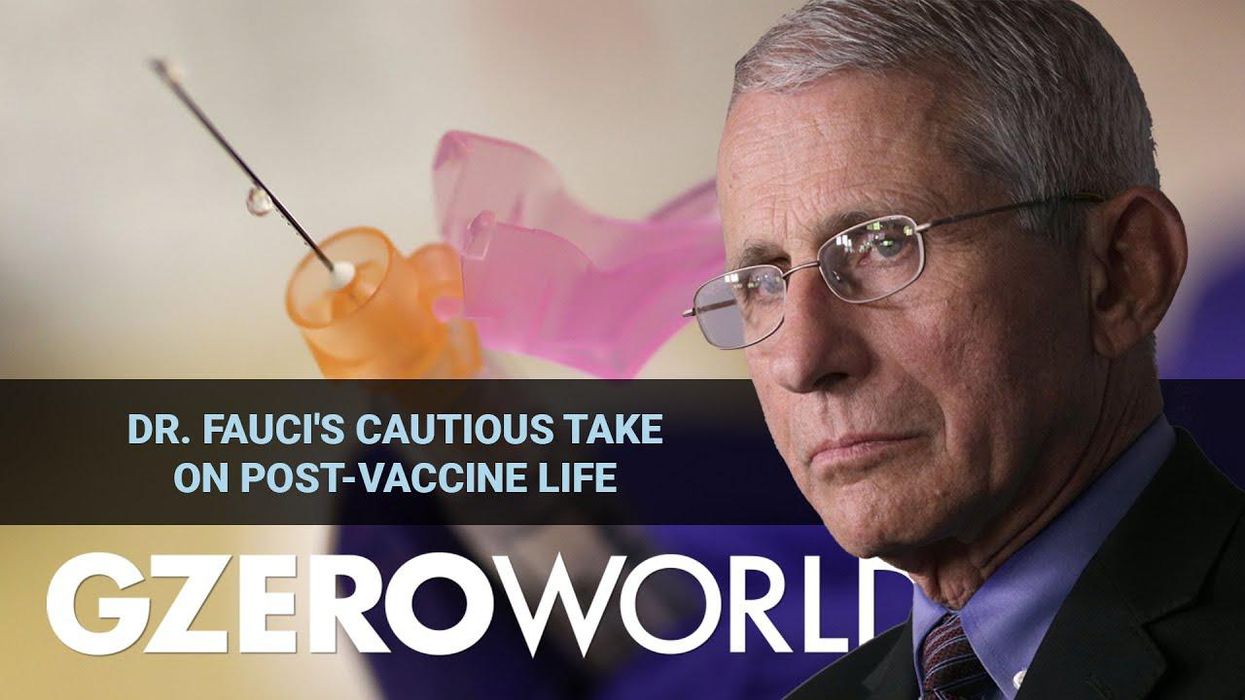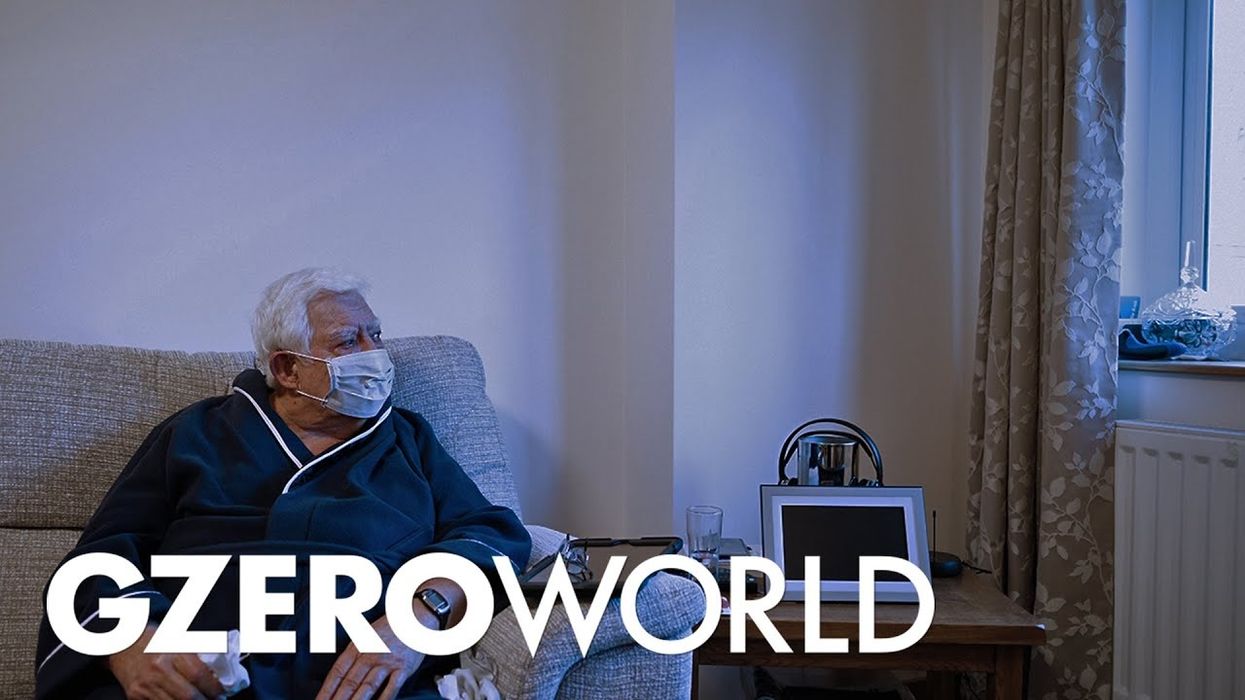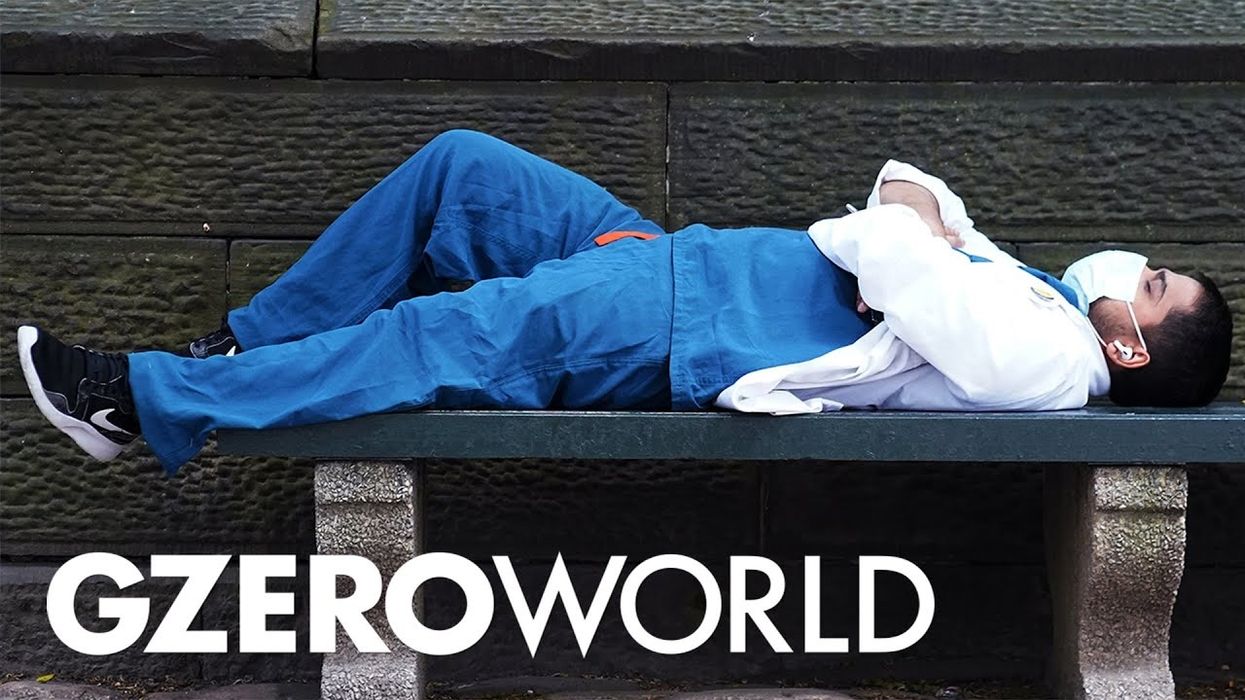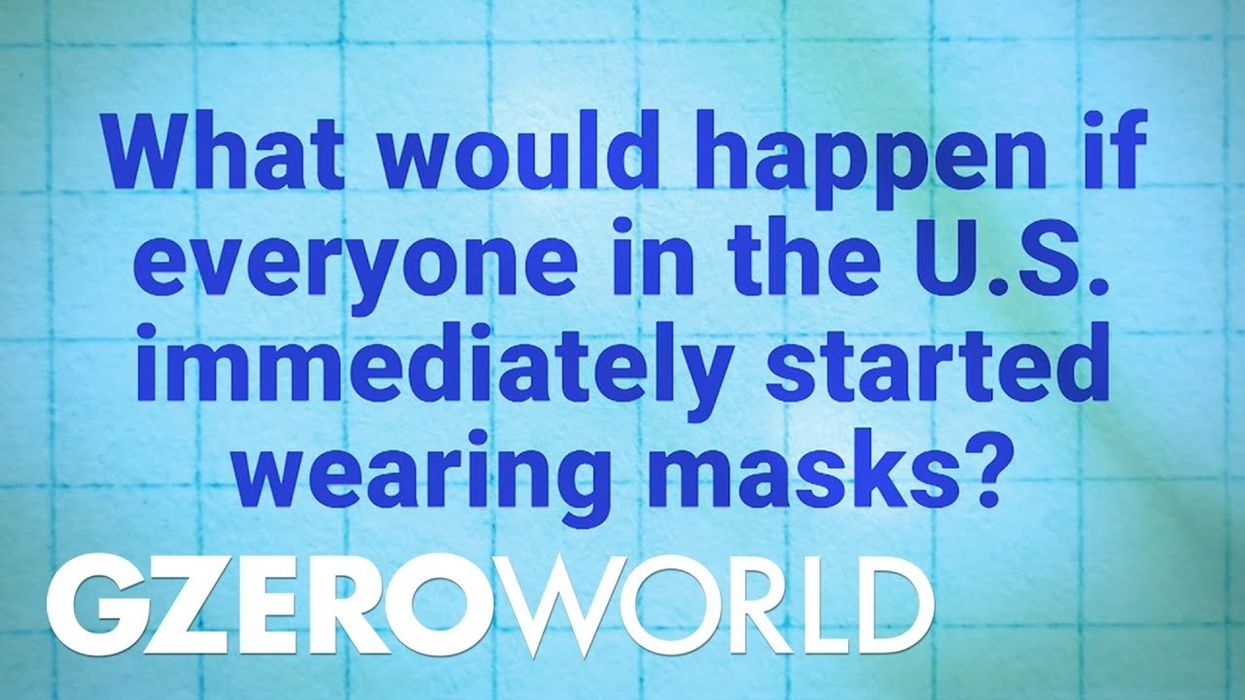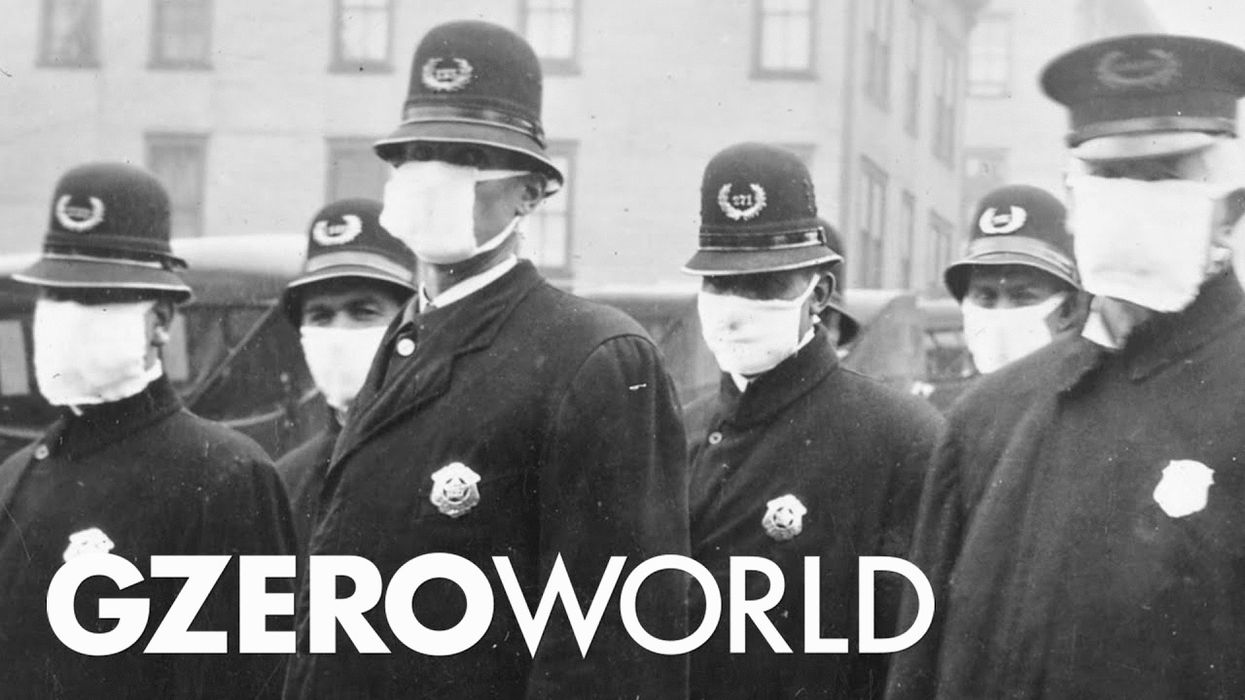US Politics In 60 Seconds
US ends federal mask mandate; COVID protection is personal responsibility
What are the implications of the end of the federal mask mandate? Jon Lieber, head of Eurasia Group's coverage of political and policy developments in Washington, shares his perspective.
Apr 19, 2022
